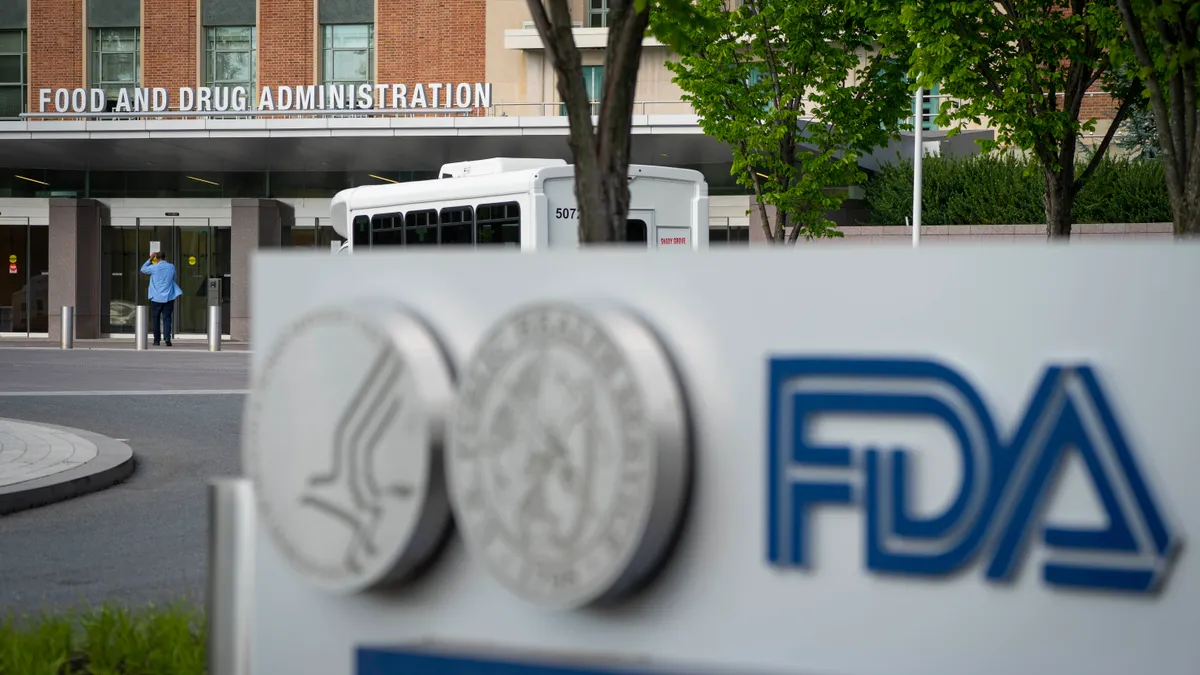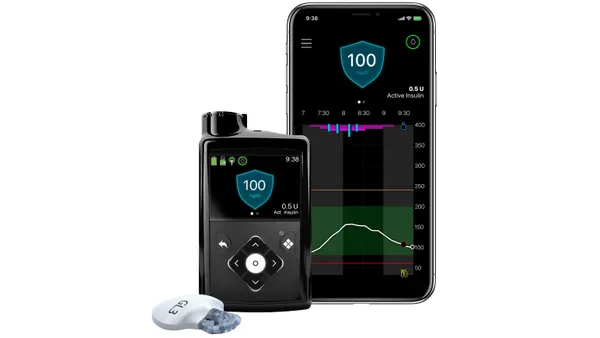Smiths Medical has recalled infusion pumps to update the instructions to address three problems that could lead to serious injury or death. The devices are staying on the market.
The Food and Drug Administration, which published Class I notices about the recalls Tuesday, said issues with some CADD-Solis Ambulatory Infusion Pumps and CADD-Solis VIP Ambulatory Infusion Pumps could interrupt or delay treatment. Smiths has not reported any serious injuries or deaths related to the issues, but the FDA sees a risk of harm.
The recalls are the latest in a series of quality and regulatory actions that began with a warning letter just before ICU Medical closed its acquisition of Smiths in 2021. ICU Medical CEO Vivek Jain discussed the response to the problems on an earnings call in May, one month after contacting customers about the latest recalls.
“We reviewed, assessed and processed thousands of complaints to ensure we knew which field actions and recalls needed to be performed to ensure safety,” Jain said. “We completed retrospective analysis of all software anomalies to correct defects proactively.”
ICU Medical identified three problems that required updates to the instructions for use:
False alarms
Under certain conditions, CADD-Solis pumps trigger false alarms about blockages in the tubing. Because the alarm is a high priority, the device will stop an ongoing infusion or delay the start of an infusion when it receives the alert. The user needs to clear the alarm before the infusion can resume or start.
Smiths has identified the conditions in which a pump may issue a false alarm. The company told users to be aware that false alarms can occur when the conditions are met and shared advice on how to clear the alerts.
Thermal damage
Smiths asked customers to check their pumps’ battery packs, battery compartments and wireless communication modules for signs of damage. The company said never to use a battery pack that appears damaged.
The recommendation followed the discovery of three situations that can cause thermal damage. When parts of the pumps are damaged, heat can melt the plastic housing of the battery pack and wireless communication module and electrical shorts can happen. The faults could delay or interrupt treatment or cause a thermal injury.
Intermittent connections
Network compatibility problems can cause Smiths’ CADD-Solis Ambulatory Infusion Pumps to lose communication with the CADD wireless communication module. A lost connection can trigger a high priority alarm, interrupting the infusion. The user needs to turn the pump off and on again to clear the alarm.
To mitigate the risk, Smiths has asked customers to validate any wireless network changes or updates to hospital networks to ensure compatibility with their pumps before deploying the new settings. The company also shared advice on what to do if turning the device off and on fails to clear the alarm.













